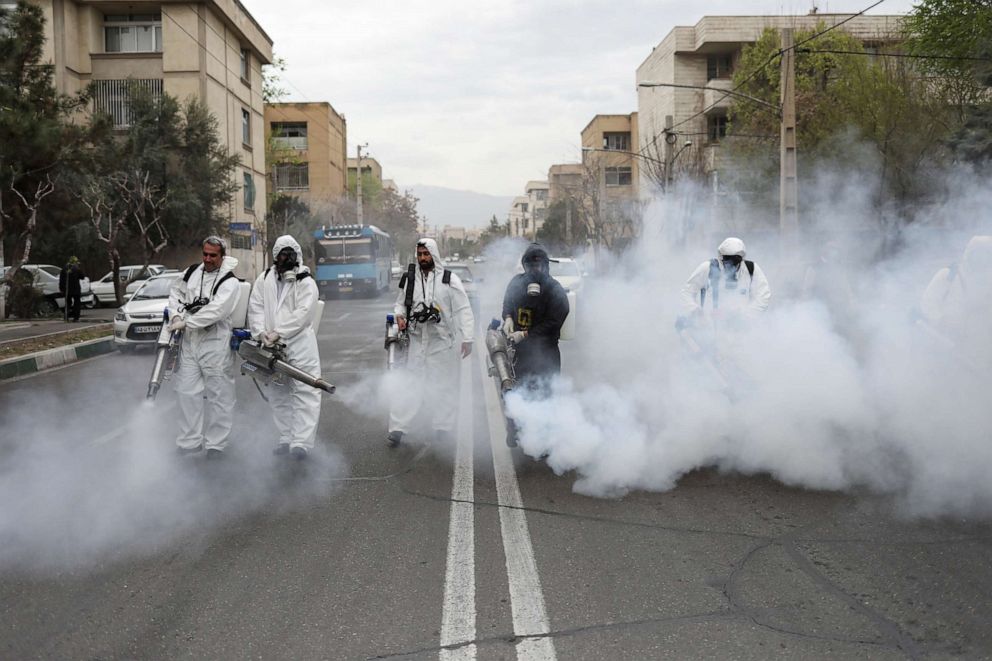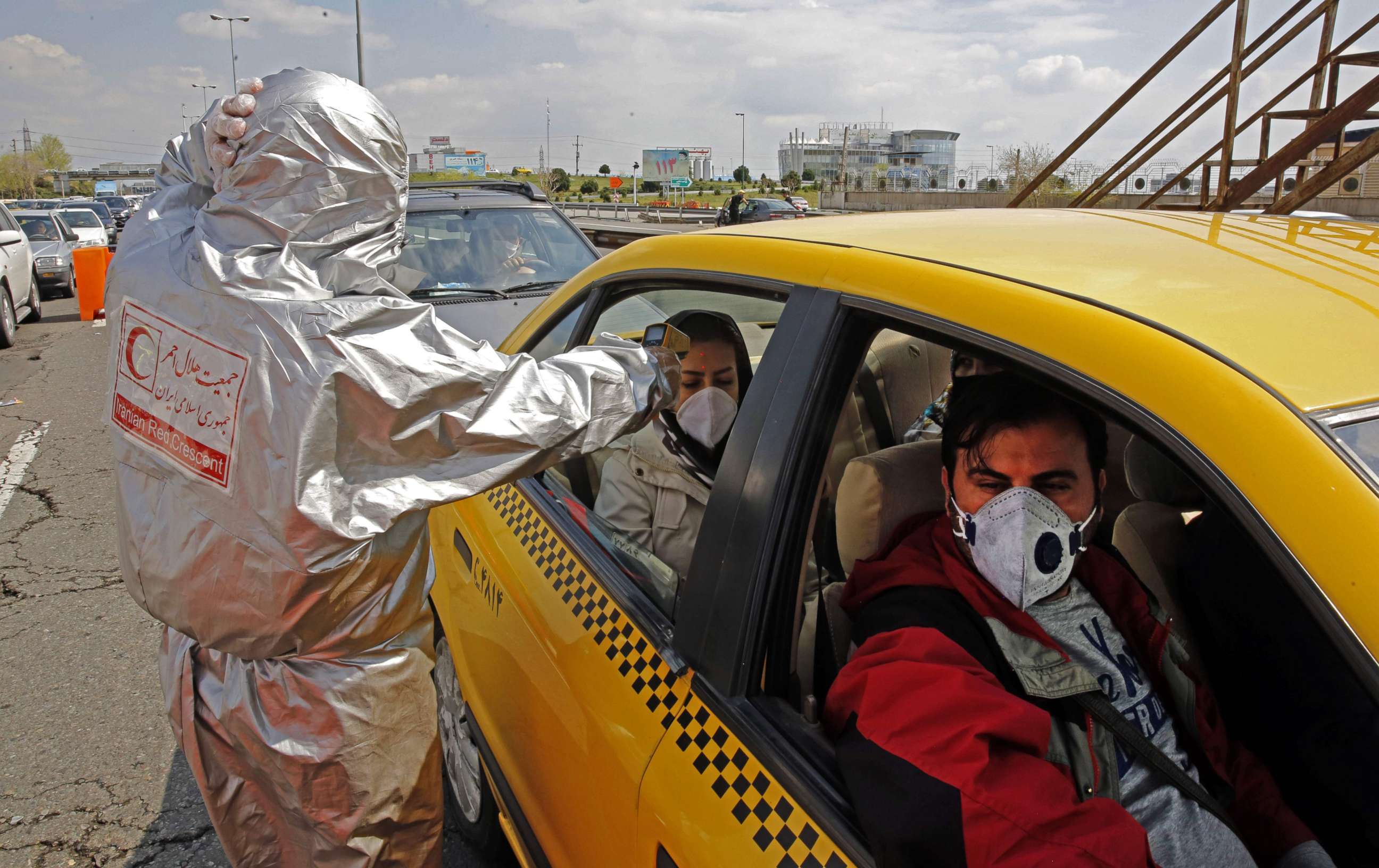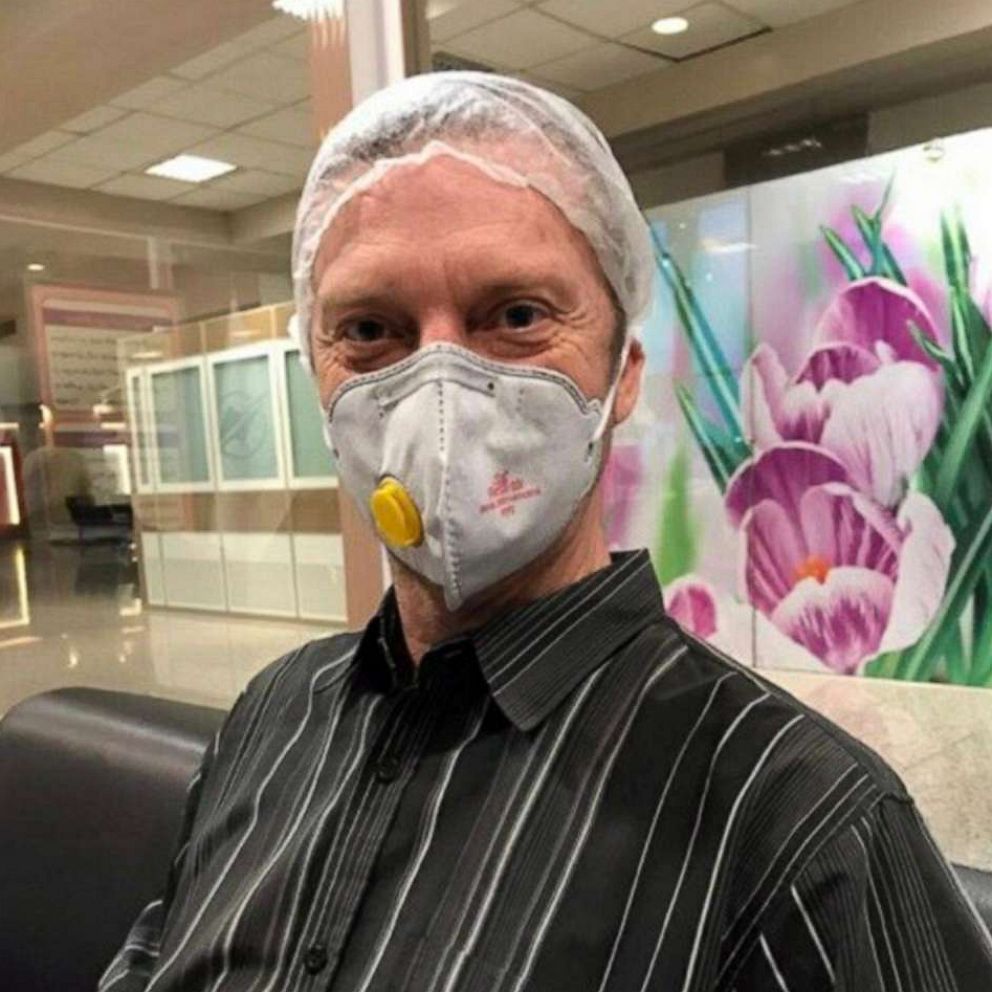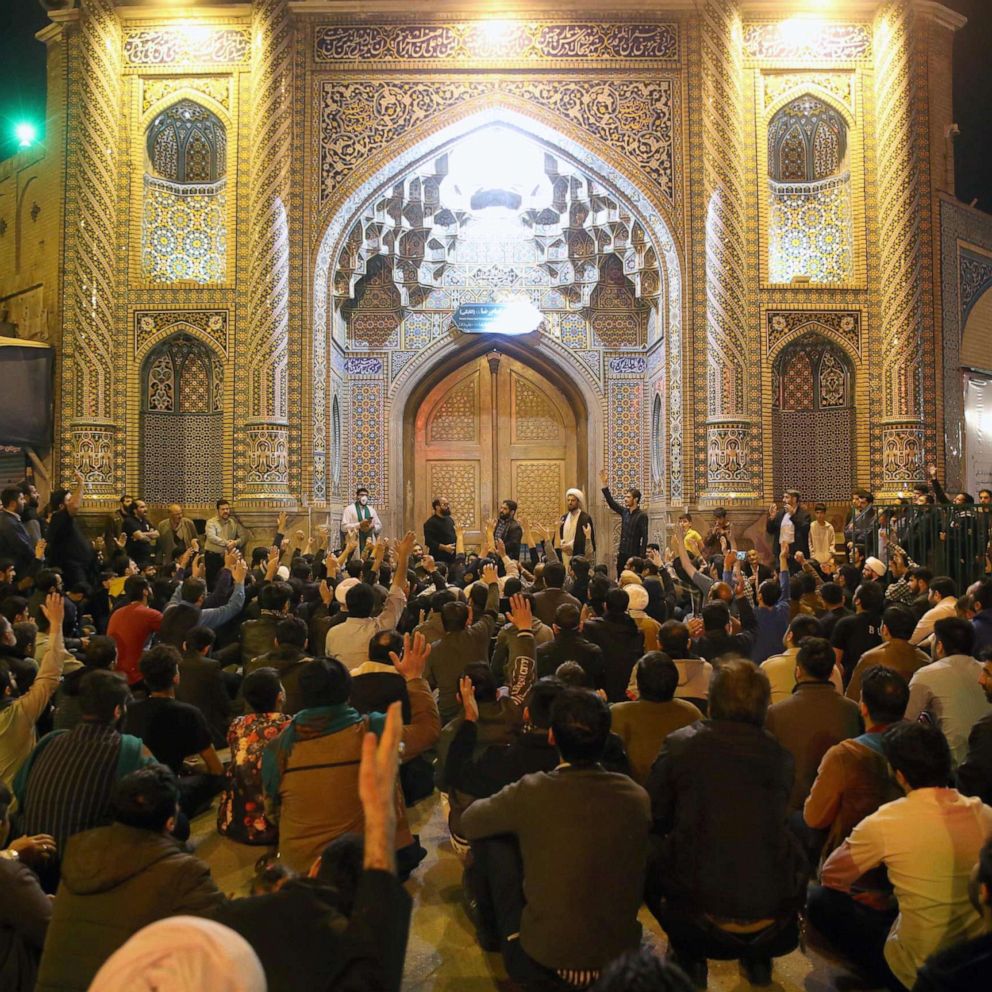Iran confronts deadly alcohol crisis in midst of dealing with coronavirus
Hundreds have died drinking tainted alcohol in the country.
Iran, already struggling to fight the growing spread of novel coronavirus, is now coming to grips with an alcohol poisoning problem that has killed hundreds of people this year.
In the wake of the deaths, officials initially blamed misinformation on social media for convincing victims that drinking alcohol could protect them against coronavirus. But a change in explanation from doctors is opening eyes to a larger problem of bootleg alcohol in the country.
"The first few days we all thought patients had drunken alcohol to protect themselves of corona, as some of them claimed so," Gholam Hosein Mohebbi, head of the public relation of Imam Hospital of Ahwaz, told ABC News.
"But later we realized from their families and friends that they were mostly alcohol users who would get their alcohol from bootleggers, but this time what they had been handed over was a methanol-based drink, not their usual booze, named araq, mixed with water and ethanol," he added.
Trading and drinking alcohol is illegal in Iran, and those seeking alcoholic drinks often rely on a chain of black market dealers without knowing where and how the drinks are produced. The dealers themselves are often not sure of the source of the alcohol.

"One of those [who] died of poisoning in our hospital was an alcohol dealer," Mohebbi said, cautioning people not to trust anyone selling alcoholic drinks and pleading on behalf of a medical staff already overwhelmed with coronavirus infections.
At least 2,197 people have been poisoned by alcohol across the country since the first reported cases of coronavirus in early February and 244 had died as of Sunday, Tasnim News Agency reported.
Iran is already reeling from the coronavirus pandemic; it is the hardest hit country in the Middle East.
The country has an official death toll of 2,378 from 32,332 infection cases, the spokesman of the health ministry, Kianoush Jahanpour, said on Friday, according to the Iranian Students' News Agency.
The rising number of poisoning casualties alarmed other alcohol users to avoid trusting their former dealers.
"People are afraid of buying booze from their dealers," said a 29-year old student who did not want his name to be mentioned for security reasons. He lives in Ahwaz, the capital of the province of Khuzastan, which ranks second in the number of alcohol poisoning casualties. The shortage and increasing price of ethanol has led some producers to end up adding poisonous methanol to the drinks instead of drinkable ethanol, he believes.
"My friend has started making alcohol at home after he lost a friend to poisoning earlier this month," he added.
However, making alcohol at home can also be dangerous.
"If you are unfamiliar with the process, you might end up poisoning your own stuff with a minor mistake. That's why I can't trust his first products," the student said. He said he rejected his friend's invitation to a drink at his place.
"I said no, but can't stop thinking about him as he is an alcoholic and can't just quit easily, especially now with so much free time he has under quarantine," he added.

Mohebbi expressed his concerns about people with alcohol problems, too.
"We know that those who have alcohol problem[s] have a tough time, but it is banned in our religion. I hope they try to stop drinking at least for now," Mohebbi said.
Despite the illegality of drinking alcohol, those who are poisoned and taken to the hospital are not being prosecuted or arrested, Mohebbi emphasized.
"As medical staff, we are loyal to our duty, which is treating everyone. It doesn't matter if a patient is poisoned by alcohol or is infected by corona," he said. However, to reach the main sources of methanol contamination, police ask questions from the patients.
"Police does not pressure the patients at all. They just try to gain as much information as they can to find the source and prevent more casualties," Mohebbi said.







